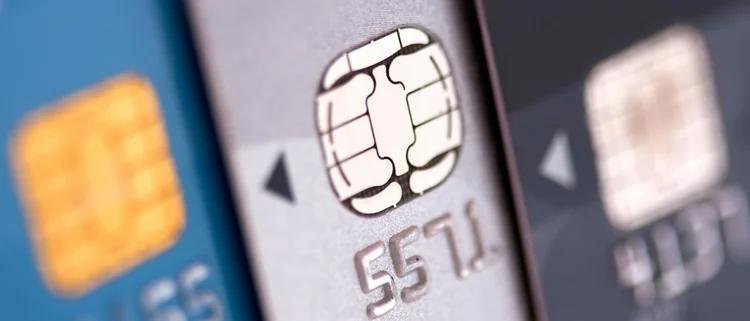Credit cards have become an essential tool in managing finances and building credit history. However, it’s crucial to know how to use them safely and wisely to avoid pitfalls. This guide provides helpful tips on utilizing your card intelligently in the United States.
Understanding the best practices for using credit cards can protect your financial well-being. It’s essential to stay informed and vigilant to reap the benefits without falling into debt. Here we will explore strategies and techniques to safeguard your card usage.
Understanding credit card safety

The first step to using credit cards securely is knowing how they work. A credit card lets you borrow money up to a certain limit to purchase items or withdraw cash. Each month, a statement is provided detailing all transactions and the minimum payment required.
Understanding your card’s terms and conditions is vital. It includes knowing the interest rates, fees, and rewards. By grasping these details, you can use your card more effectively and avoid unnecessary charges. Furthermore, keeping track of your spending ensures you do not exceed your budget. Always review your monthly statements to detect any possible errors or fraudulent charges promptly.
Choose the right card
Selecting the appropriate card based on your needs is a smart step. Consider the interest rates, annual fees, and reward programs. For example, if you travel frequently, a card offering travel rewards might be beneficial.
Diversify your cards to fit different spending categories. One for daily expenses and another for special purchases allows better management and maximizes rewards. It’s also important to understand the credit limit on each to avoid denial of transactions.
Lastly, always compare offers from various providers. Many financial institutions offer competitive rates and benefits, ensuring you get the best deal suited to your financial habits.
Protect your personal information
Your personal information should be safeguarded to prevent identity theft. Share your credit card details only on secure and trusted websites. Look for a lock symbol in the browser’s address bar as an indication of security.
Activate alerts for transactions to receive real-time updates. These notifications can help spot unauthorized activities quickly, enabling you to take immediate action if needed. Ensure your contact information with the card issuer is updated. This way, you will receive essential communications promptly, such as changes to terms or suspected fraud notifications.
Smart spending habits
Developing prudent spending habits is crucial for credit card security and financial health. Do not use your card to spend beyond your means, as this can lead to unmanageable debt and damage your credit score.
Pay your balances in full each month to avoid paying interest. If full payment is not possible, make at least the minimum payment by the due date to prevent late fees and negative marks on your credit report. Additionally, establishing and adhering to a budget can keep your spending under control. Regularly monitor your transactions to ensure they align with your financial goals.
Stay below your credit limit
Maintaining a balance well below your credit limit is advisable. High balances relative to your limit can negatively affect your credit score and make you appear risky to lenders.
Using only a small portion of your available credit, known as a low credit utilization rate, demonstrates responsible borrowing behavior. Aim to use less than 30% of your total credit limit to keep your score in good standing. It’s also a good practice to request a credit limit increase periodically. Higher limits can improve your utilization rate, provided you do not increase your spending proportionately.
Monitor your credit report
Regularly reviewing your credit report is essential for spotting inaccuracies and potential fraud, ensuring your financial health. Obtain a free report annually from each of the three major credit bureaus—Experian, Equifax, and TransUnion—through annualcreditreport.com. This proactive approach safeguards your credit.
Examine your credit report for any unfamiliar accounts or incorrect information. Promptly dispute any errors with both the credit bureau and the creditor involved to ensure your record is accurate and reflects your true financial standing. Regular checks help maintain credit health.
Keeping an eye on your credit report helps maintain your credit health and detect issues early. This proactive approach can prevent long-term problems, safeguard your financial stability, and improve your financial credibility, ensuring better access to loans and favorable interest rates.



